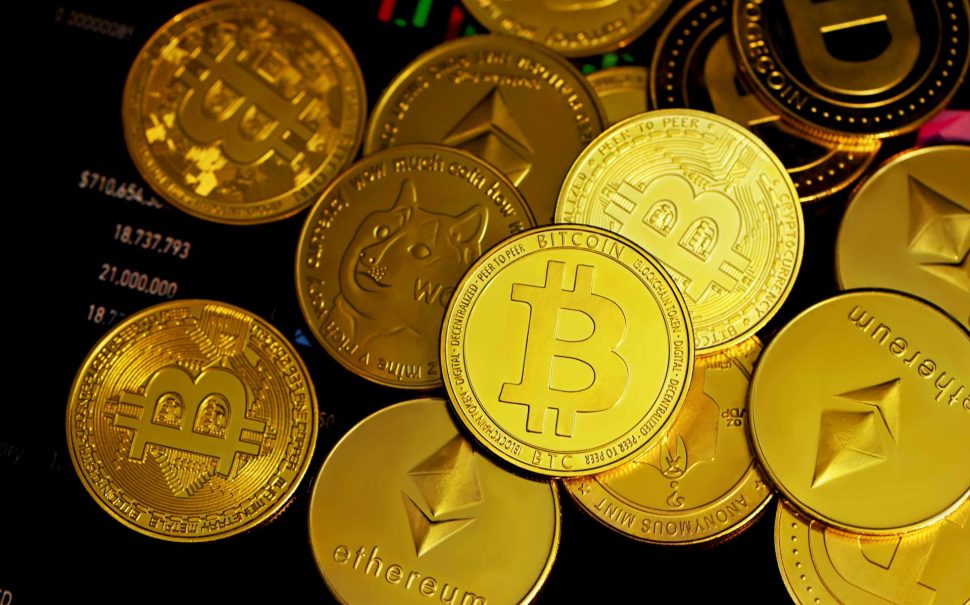The value of the New York Stock Exchange and Bitcoin have reached record levels and the dollar has soared after Donald Trump was announced as the next president.
The cryptocurrency reached its highest value to date, more than $75,000 (£58,000), on Wednesday morning, while the dollar reached its highest value on the dollar index since March, its largest increase in a day since the Brexit referendum in June 2016.
The index compares the dollar with a basket of important currencies such as the pound, euro and yen.
While seats in the House of Representatives were still to be announced, confirmation that the Republican Party had won the White House and Senate spurred a strong reaction in the American currency and stock markets.
Three main indexes of Wall Street reached record highs, with the Dow Jones Industrial Average rising 1,190 points, the S&P 500 rising 93.73 points and the Nasdaq Composite rising 312.049 points on Wednesday.
Investors were likely anticipating lower taxes and higher interest rates after Trump assumes office in January.
Matthew Ryan, head of market strategy at Ebury, told Reuters: “So far, we would perhaps argue that the moves in the foreign exchange market have been somewhat contained relative to expectations from some quarters.
“It is very early days, however, and we would expect volatility to remain elevated in the next few trading sessions, as investors position themselves in anticipation of another Trump presidency.”
He added there could be another period of a strong dollar were the Federal Reserve, the central bank of the United States, to suggest that the results of the election would slow the pace of cutting interest rates.
Britain could suffer from slow economic growth if its biggest trading partner imposed sweeping import taxes and the pound became weakened against the dollar.
The pound fell 1.5% to $1.286 on Wednesday since midnight.
Prime Minister Keir Starmer, who said he was looking forward to working with the president-elect, will hope that market instability and high tariffs do not derail the economic agenda set out by the Chancellor last week.
The National Institute of Economic and Social Research, a think tank, forecasted the British economy would only grow 1.2% next year and 1.4% the year after — even without the Republican’s tariff regime.
Ahmet Kaya, the think tank’s principal economist, told Reuters: “Relative stability is under serious threat by the potential raising of import tariffs in the United States.”
He added that the Bank of England could be compelled to raise interest rates by two to three percentage points.
The Chancellor told Parliament that she would strongly advise the Trump administration against blanket tariffs and to keep the current free trade arrangements.
Rachel Reeves said: “We will make strong representations about the importance of free and open trade, not just between ourselves and the United States but globally.”
The president-elect promised high import taxes as part of his protectionist “America First” economic policy, with currencies including the Mexican peso, the yuan and the euro being among the hardest hit.
Duty on goods from Mexico, one of the country’s top trading partners alongside Canada and China, would start at 25% and rise to 100% to pressure the country to curb immigration into the US.
During his first presidency, Trump implemented import taxes on Chinese goods and a widespread levy on steel and aluminium, of which China was a notable supplier.
The Chinese government raised its own import taxes in turn, leading to tense relations between the two countries.
Trump also proposed a duty of more than 60% on imports from China during his campaign.





